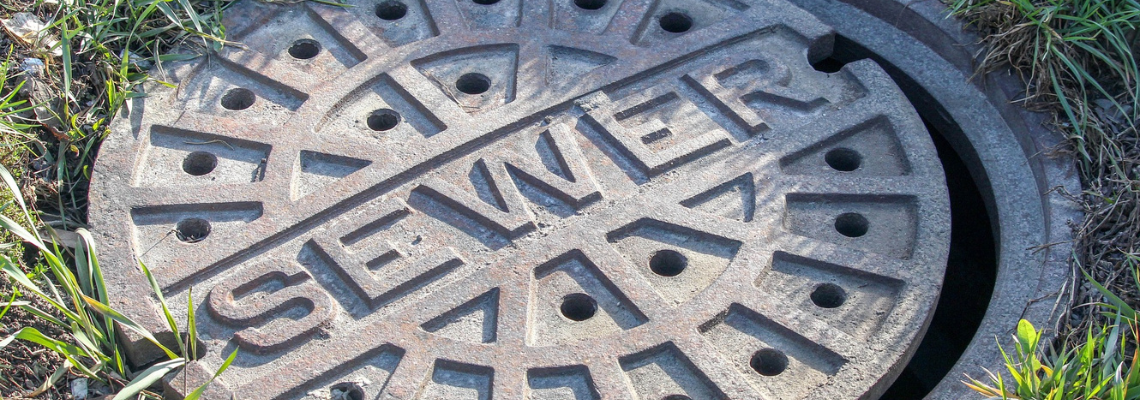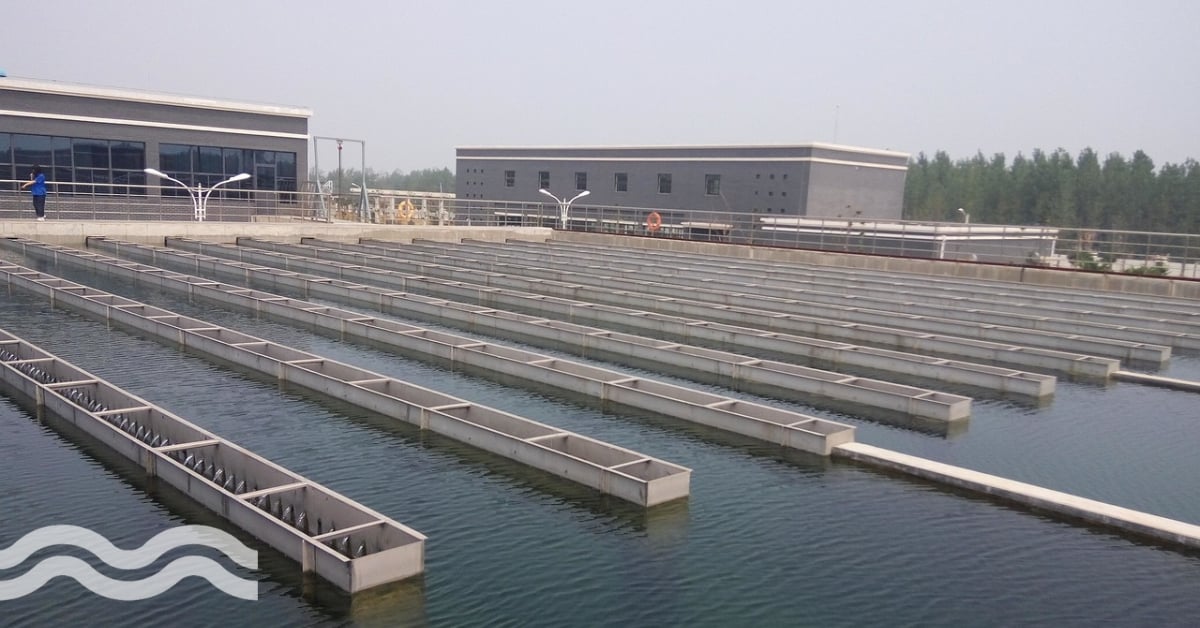The rise of the smart sewer: 3 notable UK developments

As technology advances, so too does the way we manage our resources. Today, many companies are leveraging digital technologies to digitise their sewers and other water infrastructure. This is beneficial for a variety of reasons, including improved safety and efficiency, as well as cost savings.
Southern Water recently announced its £15m investment in smart sewer technology to battle pollution. The water utility is using artificial intelligence (AI) and 22,000 state-of-the-art monitors to dramatically cut the impact of fatbergs and other blockages that currently cause hundreds of pollution incidents every year. The machine learning software developed in the UK powers the system and alerts control to risks before they become incidents. The company said the innovative technology is expected to cut pollution incidents by up to 40 per cent. This equates to around 500 fewer internal floods between now and 2025 and about 7,000 fewer external floods during the same period.
Southern Water is one of many companies digitalising its sewers. There is a raft of businesses using AI and asset optimisation technologies to improve operations within existing networks. By transforming physical data into digital formats to capture relevant information such as sewer age, location, size, material type, etc., and then transferring it from paper or analogue records into an electronic database, previously hidden issues are being identified and resolved.
Digitalisation is also helping companies better plan for potential hazards, such as flooding or blockages. Using digital tools to collect information about current conditions in sewers and other water infrastructure systems it is saving time and money that would have been spent on manual inspections or repairs due to outdated information. Plus, having an up-to-date digital record allows engineers to more accurately detect leaks or areas that need improvement in order to prevent costly repair bills down the road.
Yorkshire Water’s smart sewer network
Yorkshire Water is also joining the digital wave. The water utility company has installed 35,000 Technolog customer sewer alarms at properties across Yorkshire to reduce the risk and impact of sewer flooding in homes and the local environment.
The customer sewer alarms will monitor the water level within the combined sewer gullies using a pressure sensor which sends an alert remotely when an increase in level is identified. The devices use a wireless network to enable Yorkshire Water teams to identify trends in how the sewers are performing.
This will allow Yorkshire Water to quickly analyse, identify and proactively respond to increases in sewer levels which are often signs that precede sewage escaping the network onto streets or into people's homes. Increased levels in gullies can indicate potential blockages or damage within the sewer network, which restricts flow.
“This project forms a key part of our ambition to increase the technology in operation across our network,” said Henry Dixon, business transformation manager at Yorkshire Water. “The devices will provide vital insight into the performance of the network, allowing our teams to monitor flows and understand network performance remotely.
“Our successful pilot project helped to prevent sewer flooding in homes and gardens, improved our customers’ experience by alerting us to blockages before they caused a problem and saved time and cost on our Customer Field Services visits by attending proactively to resolve problems before they caused flooding.”
This project has the potential to transform our waste networks, and it's truly exciting that innovation and technology are at the heart of it.
Severn Trent transforming wastewater management with AI trial
Water utility company Severn Trent is trialling AI to predict weather conditions, forecast maintenance, and control waste flow to manage its network better.
The project is part of the Ofwat Innovation Fund and will see intelligent technology deployed across its network by using forecasting and real-time monitors.
The company said the benefits of trialling the innovative AI technology will allow its network to operate more efficiently and will predict issues and prevent them before they occur, which means fewer overflow activations and better management of its network in storm conditions.
“This project has the potential to transform our waste networks, and it’s truly exciting that innovation and technology are at the heart of it,” said Rich Walwyn, head of asset intelligence and innovation at Severn Trent.
“By turning to innovation and developing AI, this technology is able to forecast and get the network in prime condition. So, when we know heavy rain is predicted, the network will automatically optimise the network's storage, ready for the extra flow and divert flow away from overflows and hot spots, reducing the risk of flooding and pollution.
“This means our customers and environment are more protected, and we can better control the flow of the extra rainfall to the treatment works. The AI technology will help the network be forward thinking and prepare itself in the event of storm conditions.”
The company is working with a number of partners to deliver the trial, including four other water companies and six industry partners specialising in areas to collaborate on the project, such as BT, Rockwell Automation, 8 Power, Blackburn Starling, University of Exeter, Thames Water and South West Water.
The digital future
Digitising sewers is quickly becoming one of the most important aspects of sustainable urban development today as cities grapple with ageing infrastructure and rising waste levels due to population growth and climate change impacts.
Thankfully, companies are rising to meet this challenge by utilising new technologies such as smart sensors, data collection and analysis, and AI. These tools help us get a better understanding of how our sewer systems work so we can create solutions that will help ensure they remain efficient well into the future - making sure we all have access to clean water now and for years to come.


